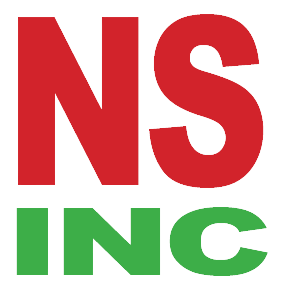As market challenges increase for both independent publishers and the authors who love them, more and more emphasis is placed on book signings and the book tour–that is, getting the author out there promoting their book, both to customers and to booksellers. I’m still struck by The New York Times article ���Publishers Assess the Fall Season’s Winners and Losers��� from late last year that talked about how WarnerBooks arranged dinners with booksellers and Widow of the South author Robert Hicks just as they released the book, so that the book would be fresh in booksellers’ minds. But it’s not just authors and publishers doing the hard work; NewSouth author Mark Ethridge noted while signing Grievances that ���one of the big realizations I’ve had in this is seeing the challenge booksellers face. A lot of books are hand-sold��� and it’s the booksellers who have to do it.
���At the same time��� Mark said, ���an individual salesperson can only be aware of a small percentage of the product he or she is representing. I’ve found it’s important to educate as many of the location’s sales people as possible about Grievances, and to give them as many memorable selling points as I can (“It’s a great Father’s Day book because…”), to make the job of selling Grievances as easy as possible.” This is a notion shared by author J.A. Konrath; in a recent Wired article, he talked about how he used his car’s GPS to turn his eleven-bookstore tour for his book Bloody Mary into a 106-bookstore tour. It’s that kind of creative thinking that sells books, and that kind of effort that prospective authors have to consider undertaking if they want their book to be successful in today’s market.
Over at the Book Promotion Blog, Stacey Miller suggests authors group together for signings, to sweeten the deal for booksellers and increase the number of customers who might visit. She references an article that talks about three authors who held a joint signing at a used bookstore, which is an ingenious idea, as “used” can sometimes also mean “independent” and “locally owned,” the bookstores which are often very supportive of independent publishers, and the bookstores that sometimes need the most help.
If you have a bookselling strategy that worked for you, let us know and we’ll post it here.
